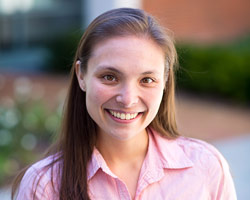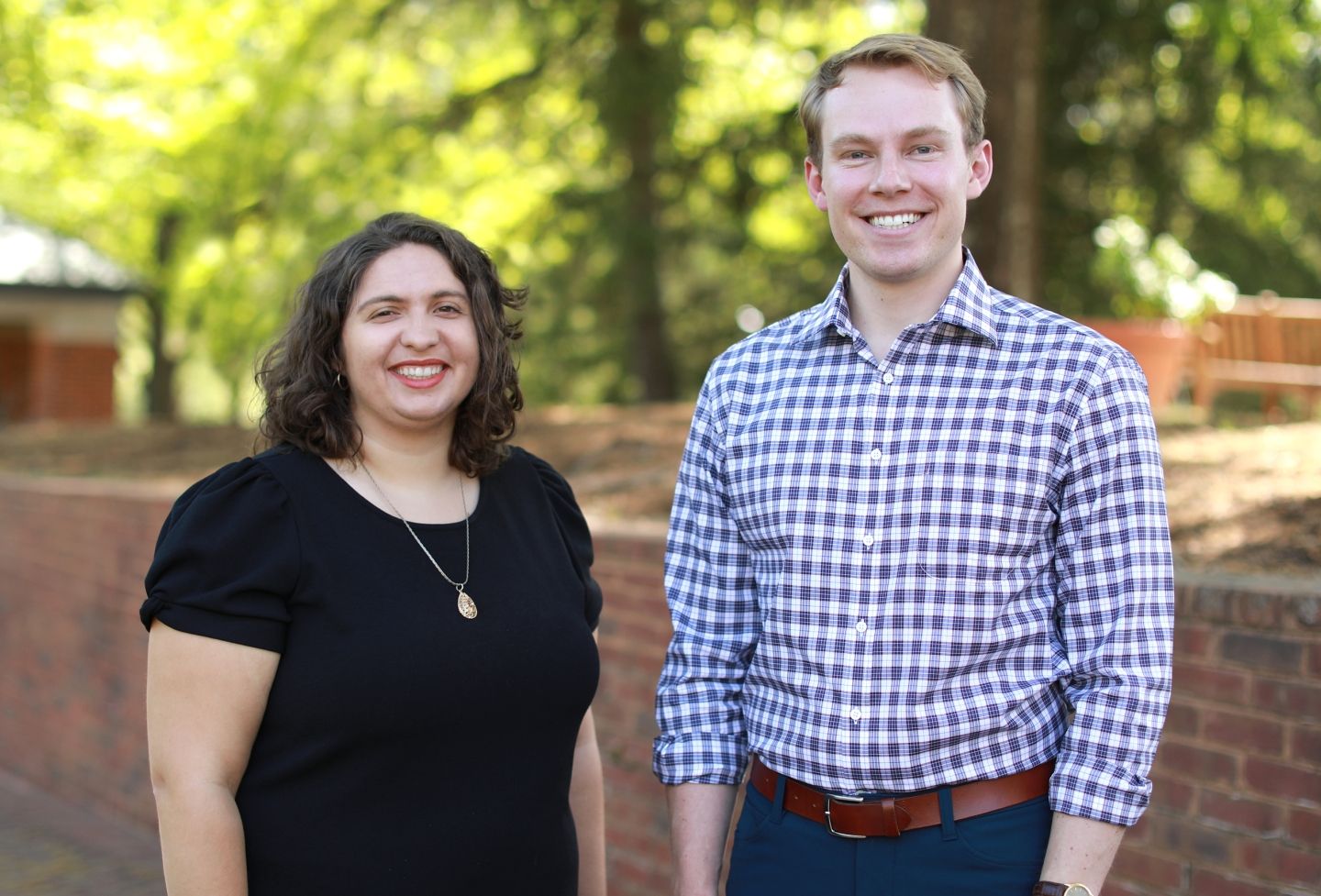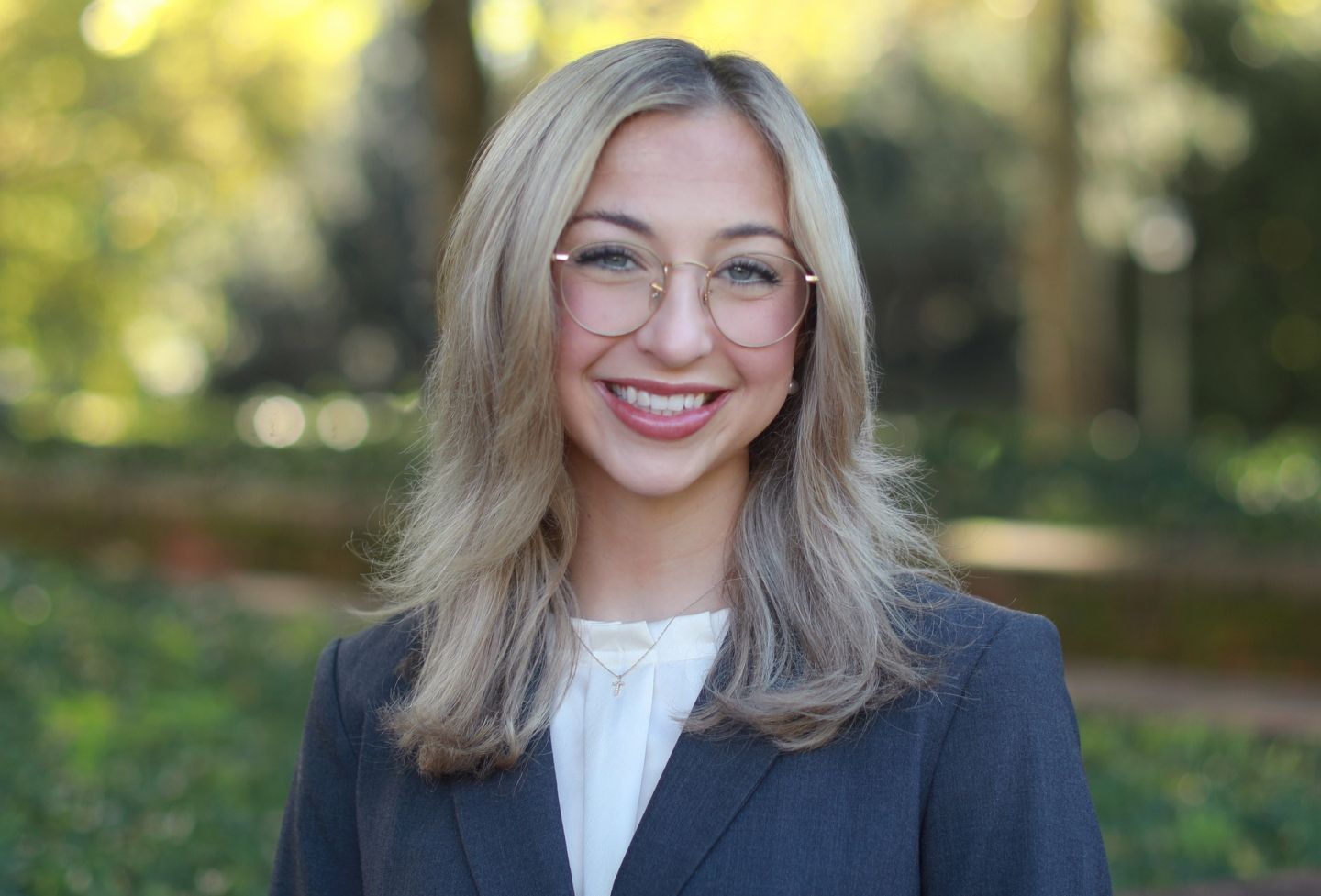Related Story: Inside a 'Serial' Addiction: Hit Podcast Features Legal Footwork of UVA Law's Innocence Project
A new extracurricular pro bono effort at the University of Virginia School of Law is giving students hands-on experience investigating potential false convictions in the state's criminal justice system and supporting the work of the school's Innocence Project Clinic.
The Virginia Innocence Project Pro Bono Clinic recently transitioned from being a student-run organization (the former Virginia Innocence Project Student Group, or VIPS) to an independent clinic, but still operates with the same mission. Students vet claims of innocence from Virginia convicts who have exhausted all other avenues for appeal. The pro bono clinic exists separately from the Law School's for-credit Innocence Project Clinic, and the work is done under the supervision of Innocence Project Clinic interim director Deirdre Enright.
"When it became clear that people were working long hours in VIPS, we transitioned to a pro bono clinic," Enright said. The change allowed students to better track hours that count toward the school's 75-hour Pro Bono Challenge.
Pro bono clinic president Katie Clifford, a third-year law student, said the investigation process begins with sending potential clients a questionnaire. If cases show merit, she said, students may soon find themselves combing through court transcripts or working with a private investigator to knock on doors and corroborate facts.
"We try to find out what went wrong," Clifford said. "In that process you sometimes realize that errors were made, but there isn't a demonstrable claim of innocence."
Of the handful of cases that move forward each year, the for-credit Innocence Project Clinic, which in February exonerated a man falsely accused of rape, handles the more complex litigation.
But the pro bono clinic also pursues cases, and expects to take on eight this year, Enright said. The cases include the potential exoneration of an inmate who was convicted of the murder of his ex-girlfriend. That case, being investigated in conjunction with the for-credit clinic, will be featured starting Friday on the NPR program "Serial," a spin-off from "This American Life. "
The cases are organized by case managers on the clinic's board. Second- and third-year law students, most of whom have taken the for-credit clinic, typically serve as project leaders. Other professionals, such as the private investigators they use, are hired as needed.
With that support, "the new volunteers of the pro bono group will never have to feel that they are being hung out there on their own," Enright said.
At least 60 members of the first-year class signed up to participate in the pro bono clinic after an informational meeting earlier this month. Clifford said working pro bono in her first year of law school was good training for when she took the for-credit clinic, which is limited to 12 students, in her second year.
In addition to investigating claims of innocence, the pro bono clinic sometimes takes on special projects. Last year, students researched Virginia law enforcement interrogation policies through Freedom of Information Act requests (see sidebar below).
The clinic also organizes the Virginia Innocence Project's yearly fundraisers to help the charitably funded organization meet expenses.
Founded in 1819, the University of Virginia School of Law is the second-oldest continuously operating law school in the nation. Consistently ranked among the top law schools, Virginia is a world-renowned training ground for distinguished lawyers and public servants, instilling in them a commitment to leadership, integrity and community service.
 Through the Virginia Innocence Project Pro Bono Clinic, UVA Law students submitted more than 300 Freedom of Information Act requests to law enforcement agencies last year to collect information on interrogation policies in Virginia. Professor Brandon Garrett analyzed the research and reported earlier this month that Virginia's agencies often lack written policies, and only a handful require that questioning be recorded. (
Through the Virginia Innocence Project Pro Bono Clinic, UVA Law students submitted more than 300 Freedom of Information Act requests to law enforcement agencies last year to collect information on interrogation policies in Virginia. Professor Brandon Garrett analyzed the research and reported earlier this month that Virginia's agencies often lack written policies, and only a handful require that questioning be recorded. (

